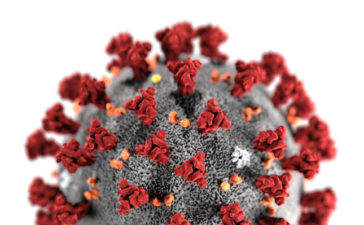The study found that women who get frequent UTIs could cut their risk of these infections in half if they consumed six additional 8-ounce (1.5 liters) glasses of water a day, compared with women who don’t increase their water intake.
Doctors have long assumed that increasing water intake could lower the risk of UTIs, and they often recommend that women at risk of these infections drink more water. But, until now, the recommendation had not been rigorously studied.
“There’s lots of things we recommend to women to reduce the risk of UTIs, but none have really been studied,” said Dr. Thomas Hooton, lead author of the study and clinical director of the Division of Infectious Diseases at the University of Miami School of Medicine, who presented the findings at a news conference.
“It’s good to know the recommendation is valid, and that drinking water is an easy and safe way to prevent an uncomfortable and annoying infection,” Hooton said.
The new study involved 140 healthy women under age 45 who had experienced at least three UTIs in the past year and who typically drank fewer than six 8-ounce glasses of fluids a day. Half of the women were told to drink an extra 8 ounces of water a day, while the other half didn’t make any changes in their water consumption.
After one year, the women who increased their water intake had, on average, about 1.5 UTIs over the course of the study, compared with about three UTIs, on average, for the women who didn’t increase their water intake.
In total, the women in the water group were drinking about 11 glasses of water a day, compared with five glasses in the other group.
Drinking more fluids is thought to reduce the risk of UTIs because it increases the rate at which bacteria are flushed from the bladder, and also likely reduces the concentration of bacteria that enter the bladder from the vagina, the researchers said. This means there are fewer opportunities for bacteria to attach to cells lining the urinary tract, Hooton said.
As a result of having fewer UTIs, the women in the water group also took less antibiotics — on average, women in the water group took about two courses of antibiotics, compared with 3.5 courses in the group that didn’t increase their water intake. Reducing the use of antibiotics helps to lower the risk of antibiotic resistance, the researchers said.





